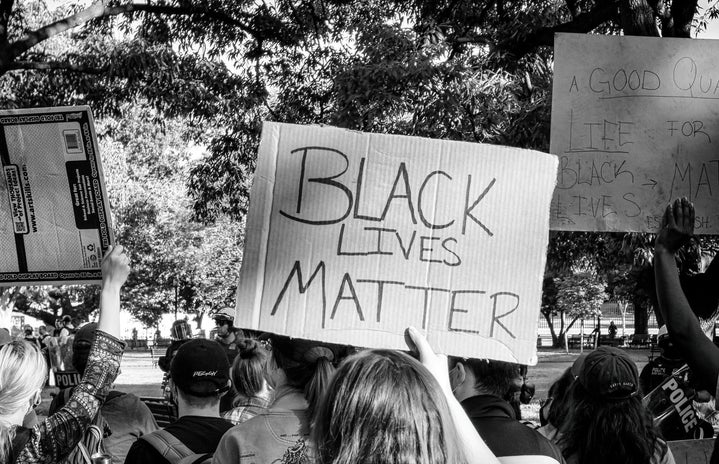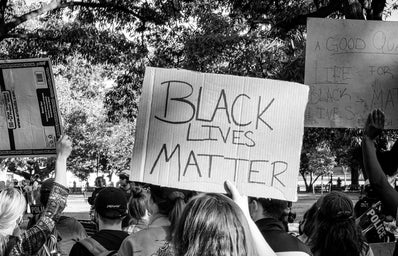With April 20, better known to some as 4/20, being last week, American marijuana users lit up in celebration. According to Business Insider, recreational and medical use of cannabis is legal in 18 states, plus Washington D.C., and policy regarding drug usage has continued to evolve throughout recent history. Despite the nationwide changes in legality, Black drug users are much more likely to be arrested and charged in cases regarding pot than their white counterparts. Marijuana is a prime example of the intersection of race and criminalization, and the impact of this disparity has shaped communities throughout the country.
According to a 2020 report by the ACLU, Black THC users are 3.64 times more likely to be arrested for possession than white people. The same report also showed that despite decriminalization in many states, the racial disparity in arrests remained constant, or even worsened. The Marijuana Policy Project has also released information about this issue, stating that “two-thirds of all people in state prisons for drug offenses are people of color,” despite white and Black people using the drug at approximately the same rate.
Racial discrimination in marijuana arrests impacts much more than prison statistics. The American Psychological Association explains that race and socioeconomic status are connected due to longstanding racist institutions which impact marginalization, physical health, and mental health. This means that in general, Black Americans who face discrimination in the justice system may already be a part of communities that struggle because of the intersection of race and class. Criminal records impact housing, jobs, education, and many other factors necessary for social mobility in the United States.
The fight against race-based marijuana arrests is crucial to the success of a diverse, ever-changing nation. Anti-racism activists must be willing to face the realities of drug usage despite its growing legalization. This issue is a small sample of a variety of injustices faced by BIPOC. Community organization, mutual aid, and donations to organizations like the ACLU are all steps to take in combating America’s racist institutions. The next time you pick up your pen, light your bowl, or snack on a gummy, remember the injustices in the legal system and take action.


